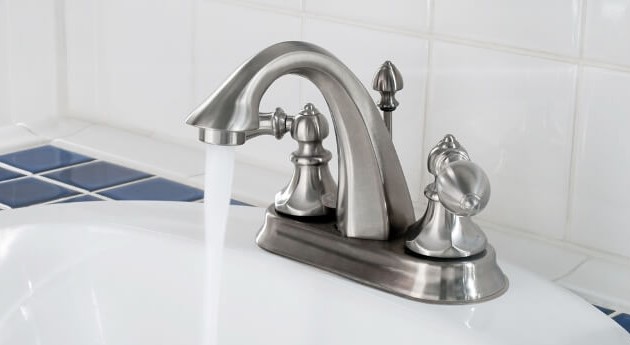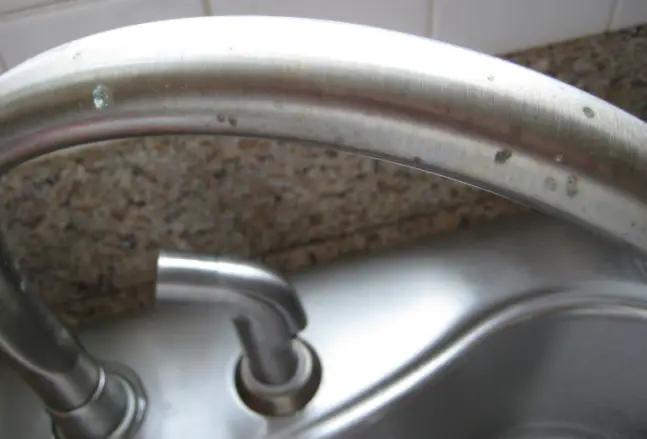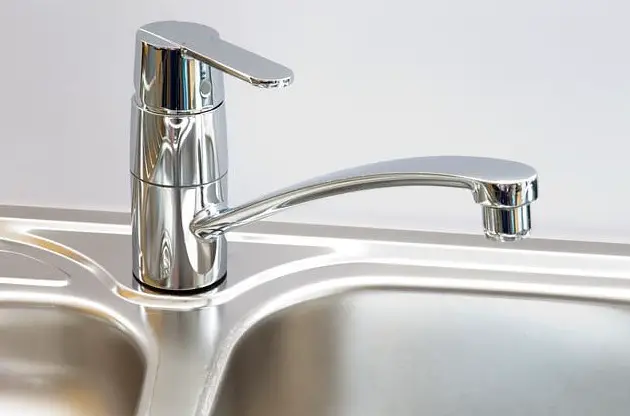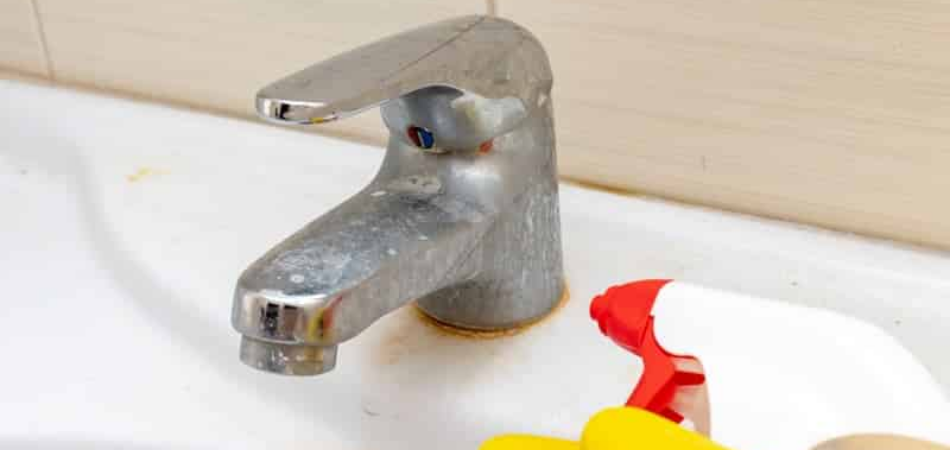Due to its resistance to rust, oxidation, and tarnish, brushed nickel has become a very popular finish for domestic and industrial materials. Its uses vary from toilet and bathroom metal pipe coating to dining and kitchen materials such as sinks. And the question is, does brushed nickel rust?
No, brushed nickel, like all other types of metal, does rust. Some finishes are more resistant to corrosion than others, but eventually, corrosion will set in. Brushed nickel is an extremely popular finish for plumbing fixtures, door hardware, and appliances and costs a little more than regular plated finishes.
The nickel itself is a finish or coating and, although it does not rust itself, the metal it coats may rust if cracked and oxidized.
In this article, I shall take you through the nature of brushed nickel, its uses, and how you can take care of them to avoid wear, tear, and possible oxidation
Contents
What Is A Brushed Nickel And What Are Its Uses?
Brushed nickel is a brownish finish that is applied to metals as a coating to improve resistance to rust, oxidation and tarnish, as well as improve material aesthetics of the metal and room.
Brushed nickel has increasingly become an alternative to stainless coating. It is sometimes even applied on stainless steel or on chrome. Chrome-plated brushed nickels means that the nickels are coating chrome plating.

Chromes are more vulnerable to rust than brushed nickel. Thus, the chrome-plated brushed nickels have higher chances of rusting when cracked.
Brush nickel is usually applied to metals in two ways. The first is an electrical medium in which current is passed through the container of the nickel together with the rod to be coated.
The other is through a manual-like process in which the metal to be coated is submerged in a nickel coat so that it is bathed in the chemical. Once done, the brushed nickel is sure not to rust again but the coated metal beneath the coating will rust over time.
It sounds strange how the brushed nickel coating will not rust but the coated metal will rust, right? Well, here is the logic:
The coated metal only becomes vulnerable to rust when the brush nickel is cracked. The crack in the coating material provides an avenue for the water or humid air to assess the metals. Most metals contain iron, and when oxygen reacts with iron and water, rust is formed.
Since the coated metal of brush nickel can rust and thereby affect the nickel itself, it is good that you know how to prevent the rust from your nickel so that it is not affected. It is also important that you know how to remove rust from your nickel in case it forms.
How To Prevent Rust From Your Nickel
You must remember that left on its own, your brush nickel will not rust. It is your activities around your brush nickel that will lead to the metal inside it rusting. Thus, the following are the ways you can prevent rust on your nickel:

- Avoid scratches: one of the basic ways to prevent rust on your nickel is to ensure that it is not scratched. One of the ways to avoid scratches too is to ensure that the curtain hook on your nickel is not metal. Metal curtain hooks once shaken can lead to scratches, and once affected, water particles will begin to react with the iron and oxygen around the metal, thereby leading to rust. It is more advisable to use plastic hooks with smooth surfaces so as not to lead to scratches when shaken.
- Shake off water on your curtain after baths: Having water hanging on your bathroom curtain can lead to the scratch parts of your metal brush nickel reacting and leading to rust. Hence, it is important that you wipe your bathroom curtains and shake off water particles from them after bathing to avoid this reaction. The logic here is that rust cannot form in the absence of moist or water.
- Wax coating: You can wax-coat your brushed nickel finish with a wax paste. This automatically helps keep water away from your brushed nickel finish and, of course, rust.
How To Remove Rust From Your Brushed Nickel
Just in case there is a scratch or scratches and on your brushed nickel there are rusts, there are different ways you can go about removing or managing the rust around your metal. These include:

Use of vinegar solution:
You can mix vinegar and water and apply it to the area that is rusted. This will require that you give some minutes for the mixture to settle, then you rinse it away.
Use of sandpaper
Depending on the depth of the rust, you may need to use a sandpaper to grit away the rust before using the vinegar solution to smoothen the surface of your metal.
While using sandpaper, however, be careful not to scrape off the unaffected area of your metal. This will lead to more chances of rust around your metal if not avoided.
To achieve precision, it is advisable to use an electrical drill in filing off the rusted parts. Whether with a sandpaper or an electric drill, the best thing is to ensure that all the coatings are scraped off down to the original metal so that the rust does not form again.
Removing the entire brushed nickel coating can be very painful and double the cost. This is because, having scrapped off the brushed nickel, you may need to go for a replacement, and this is an extra charge on your pocket.
Conclusion
In this article, I have been able to provide you with an answer that brushed nickel is a finish and does not rust. However, the metal which it coats is vulnetto rust and requires that appropriate care is taken not to scratch the nickel and allow reactions on the metal that would lead to rust.
I have also taken you through the ways to both prevent rust around the coated metal and to remove the rust in case it eventually results. I hope you found your answers.


